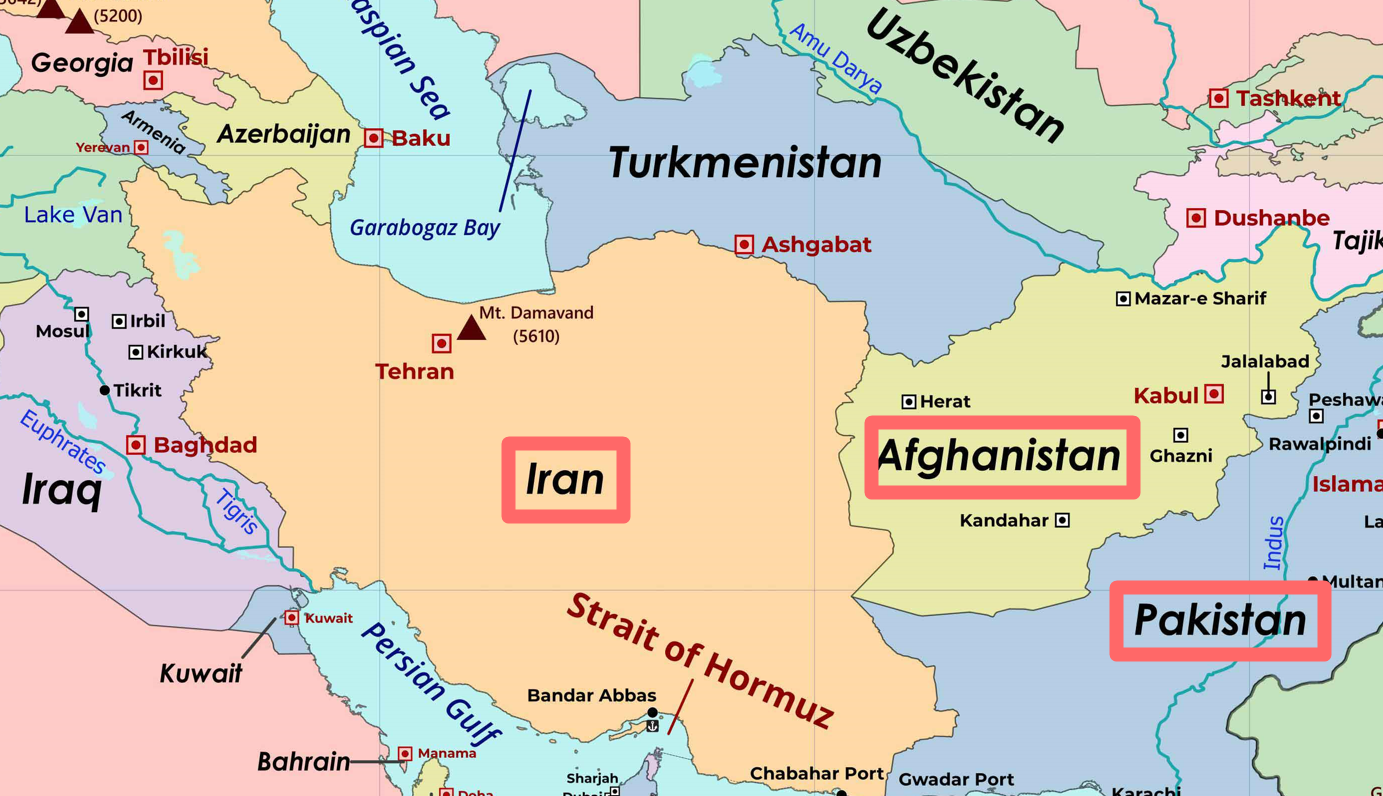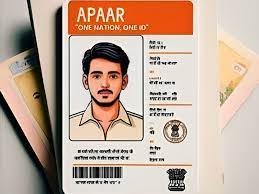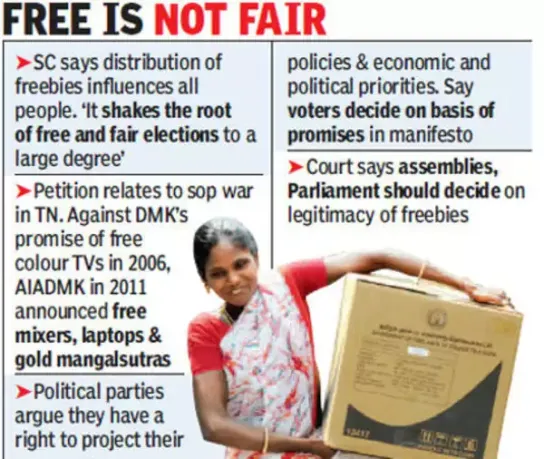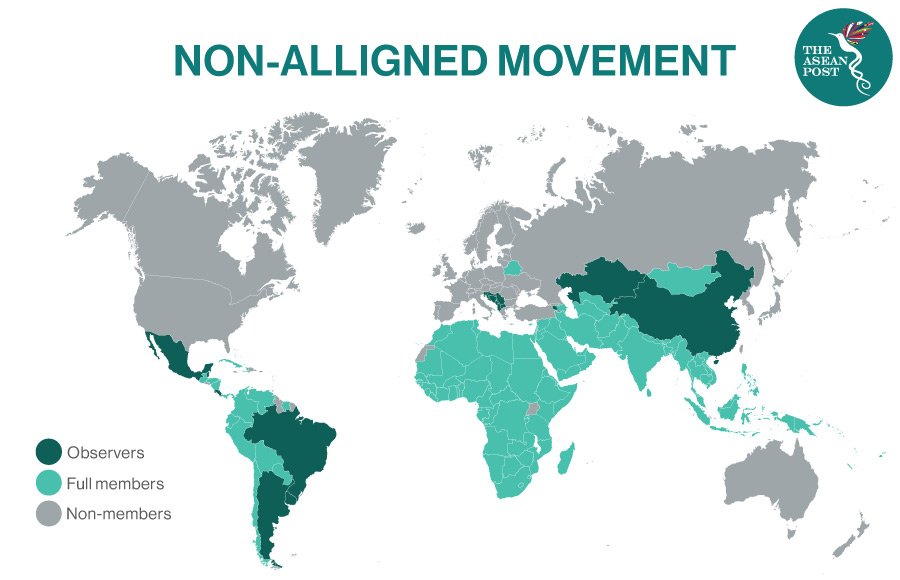
Uttarakhand Uniform Civil Code
Subscribers of "Current Affairs" course can Download Daily Current Affairs in PDF/DOC
Subscribe to Never Miss an Important Update! Assured Discounts on New Products!
Must Join PMF IAS Telegram Channel & PMF IAS History Telegram Channel
- Context (IE I TH I IE): The Uttarakhand UCC Bill, 2024, received the President’s Assent. It proposes some significant changes in marriage, adoption, and related aspects.
- With this, Uttarakhand becomes the first state in India to implement such legislation after independence.
- Portuguese Civil Code – a 156-year-old Code continues to govern Goa and the UTs of Daman & Diu and Dadra & Nagar Haveli.
- After its liberation in 1961, Goa retained the Portuguese Civil Code and was the only state to have a UCC for all religions.
- The rest of India follows different personal laws based on their religious or community identity.
- Madhya Pradesh, Gujarat, and Assam have also initiated the process of formulating a UCC.
- Recently, the Allahabad HC also asked the GOI to initiate the process of implementing UCC.
Uttarakhand Uniform Civil Code
State-appointed Committee
- Led by retired SC judge Ranjana P Desai to examine and submit a draft for the implementation of a UCC.
Secular laws
- The Code borrows from laws such as The Special Marriage Act of 1954 and The Indian Succession Act of 1925.
- It repeals all family laws to the extent that they are inconsistent with it (UCC).
Objective
- To establish a legal structure that ensures consistency in civil laws for all citizens within the state, irrespective of their religion.
Provisions of the Uttarakhand UCC
Application
- To residents of the state but only to those who identify within the binary genders of male and female and who are in heterosexual relationships.
- It leaves most LGBT persons outside its ambit.
Tribal communities exempted
- The tribal communities comprising 2.9% of Uttarakhand’s population have been exempted.
Live in relationship
- Definition: “Relationship between a man and a woman who cohabit in a shared household through a relationship in the nature of marriage.”
Registration of live-in relationships
- It requires compulsory registration of live-in relationships through a “statement of live-in relationship”.
- It may be terminated by either of the parties to the live-in relationship by submitting a “statement of termination”.
- A woman is also eligible to claim maintenance in case she is “deserted” by her live-in partner.
Penalty for non-registration of live-in relationship
- After serving the notice, criminal prosecution can be initiated against the couple.
- All live-in relationships must be registered within a month, or else both partners are liable to a Rs 25,000 fine and six months in jail.
Legal recognition of children born out of wedlock (Outside the marriage)
- The Bill abolishes the concept of “illegitimate children”.
- It extends legal recognition to children born in void and voidable marriages, as well as children born in live-in relationships.
Legal equality of children
- The Code treats adopted, born through surrogacy, or born through assisted reproductive technology (ART) on an equal footing with other biological children.
- Biological Children: Illegitimate children, adopted children, children born through surrogacy and children born through ART are considered to be biological children.
Legal age for marriage
- The minimum age of marriage is 18 and 21 for Muslim women and men, in line with the Hindu Marriage Act, 1955 and the Special Marriage Act, 1954.
Registration of marriages
- Marriages have to be compulsorily registered regardless of any other existing laws or customs.
- The registration will have to be done within 60 days from the date of the marriage.
- No marriage can be dissolved without a court order, or else it can attract imprisonment for up to 3 years.
Divorce proceedings
- Men and women have been accorded similar rights with respect to divorce.
- Grounds for divorce: Adultery, cruelty, desertion, conversion to another religion, mental disorder, incurable venereal disease, renunciation of the world, absence for seven years, bigamy and failure to comply with maintenance orders.
- In case of divorce, the custody of a child up to 5 years of age remains with the mother.
Voidable marriages
- It can be annulled on grounds such as non-consummation, contravention of marriage conditions, force or coercion in obtaining consent, or pregnancy by someone other than the spouse.
Special rights for women to seek divorce
- If the husband has been found guilty of rape or any unnatural sexual offence or
- If the husband has more than one wife.
Prohibition of bigamy or polygamy
- Neither party should have a living spouse at the time of the marriage.
Degree of prohibited relationship
- Two people are considered to be within the “degrees of prohibited relationship” if a common ancestry is shared or if they are the wife/husband of a common ancestor.
- Exception: Those communities where an established custom allows marriage within the degree of prohibited relationship.
Inheritance rights
- It ensures equal rights in property for both sons and daughters, regardless of their category.
Equal property rights after death
- Following a person’s demise, the bill grants equal property rights to the spouse and children.
- Additionally, equal rights extend to the deceased person’s parents.
- In previous laws, only the mother had rights to the deceased’s property.
Coparcenary property
- It abolishes the coparcenary system, which exists under Hindu personal law.
- It extends the same scheme of succession to all persons irrespective of religion.
- All property will pass as individual property as per the scheme of intestate succession laid down under the Code.
Coparcenary Property or Self-acquired Property
|
Criminal offences under the Bill
- Child marriage and marrying within prohibited degrees of relationship have been criminalised.
- Dissolution of marriage through modes other than the judicial mode of divorce prescribed under the code is punishable with imprisonment as well as a fine.
- Compelling, abetting, or inducing any person to observe any condition for remarrying is also punishable with imprisonment of up to 3 years.
- Non-registration of live-in relationships has been criminalised.
|
What are the cons of the bill?
Non-recognition of queer relationship
- The bill leaves out the members of the LGBTQIA+ community; It, however, follows the SC verdict and denies equality of marriage.
Supriyo vs Union of India, 2023
|
Irretrievable breakdown of marriage
- It has not been included as the ground for divorce despite being recognised in several SC judgements.
Division of marital estate
- The court has the authority to decide how to divide marital property, especially when it is not jointly owned.
Against Privacy
- The compulsory registration of live-in relationships infringes upon an individual’s freedom to choose not to marry.
Legal Guardians of the children
- It fails to address the discrimination faced by mothers under guardianship laws that treat only fathers as legal guardians of the child,
- Fathers have the power to make decisions in relation to the child, and mothers are custodians of the child, thereby reducing them to caretakers.
Surveillance Regime
- The surveillance regime enabled by the Bill can be misused to harass interfaith and inter-caste couples.





![PMF IAS Environment for UPSC 2022-23 [paperback] PMF IAS [Nov 30, 2021]…](https://pmfias.b-cdn.net/wp-content/uploads/2024/04/pmfiasenvironmentforupsc2022-23paperbackpmfiasnov302021.jpg)











